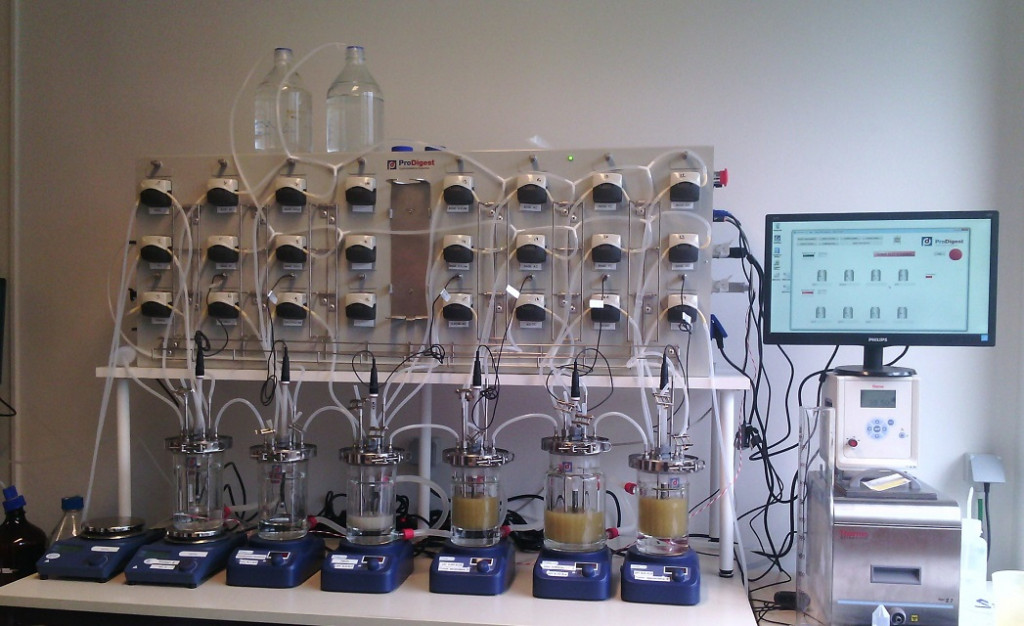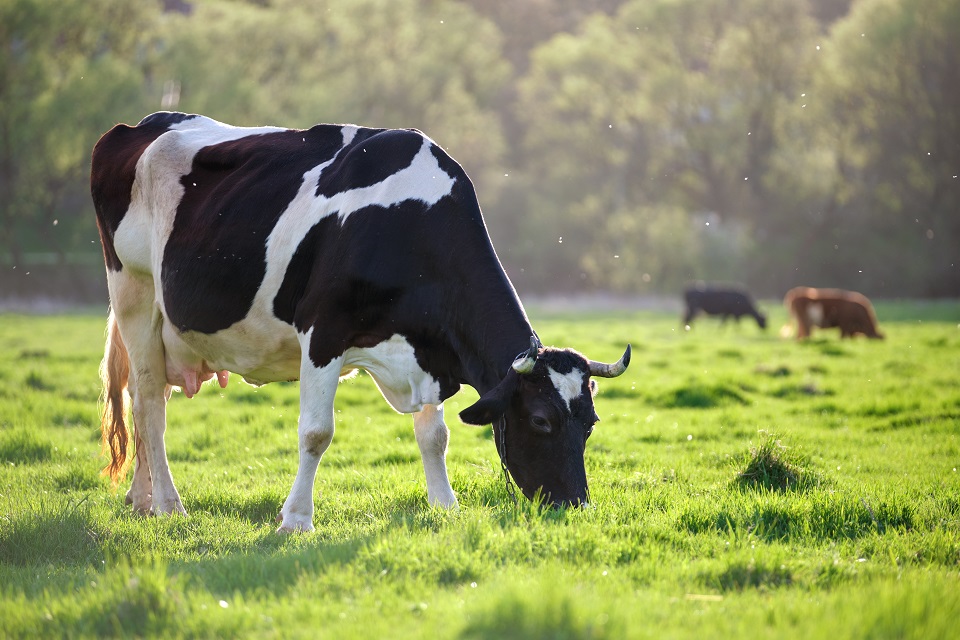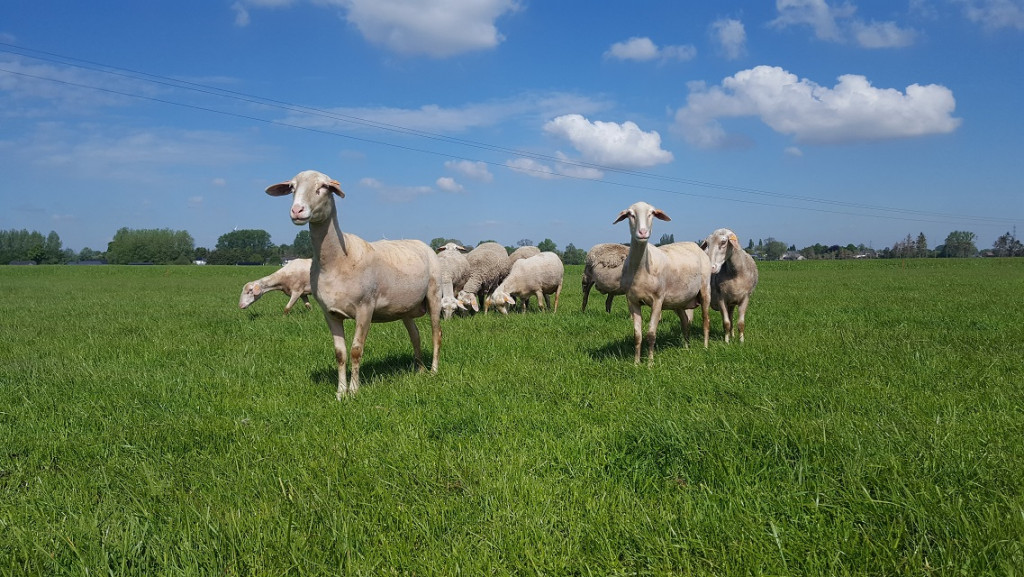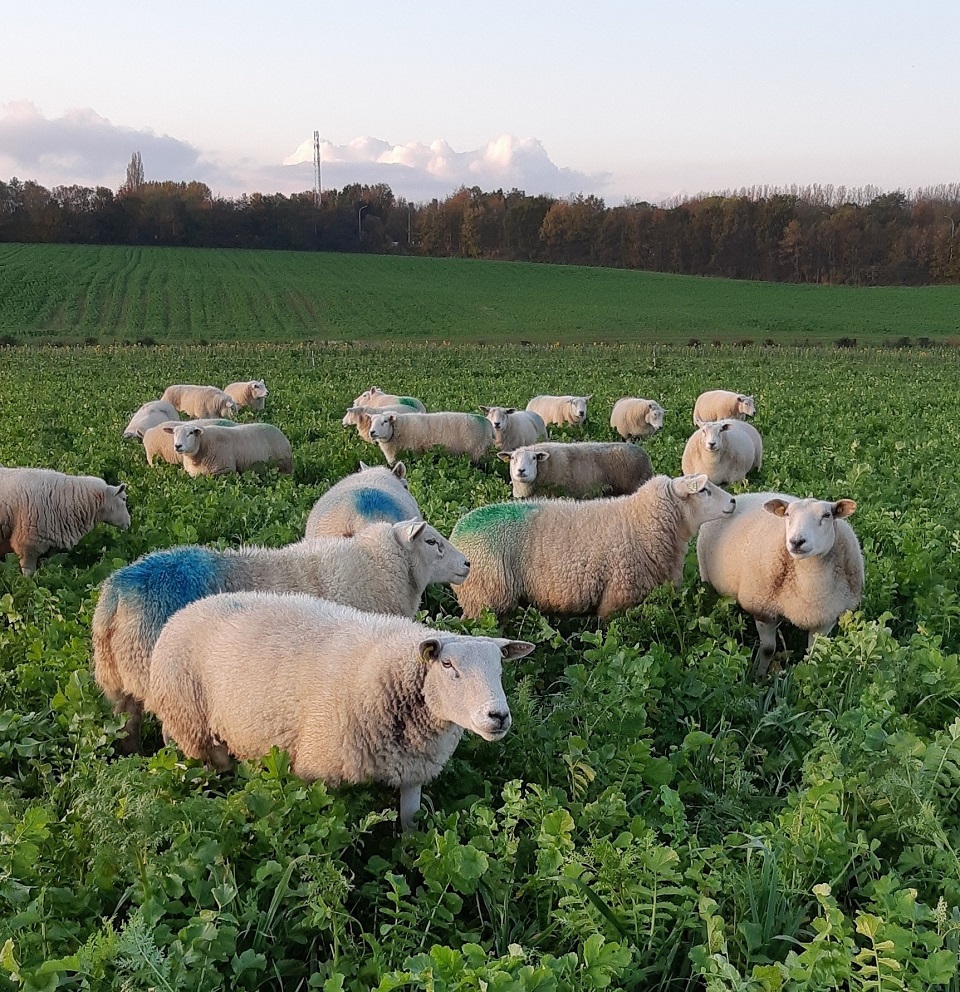The presence of components that are beneficial to health make apple pomace a good candidate for supporting piglets during the weaning stage. This is because weaning is a critical period in pig farming that can lead to post-weaning diarrhoea, affecting the performance and intestinal health of the piglet. Moreover, since the use of antibiotics or zinc oxide as a preventive treatment is no longer authorised in the European Union, alternative strategies are being widely investigated by Research.
In view of this observation, and in the spirit of recovering local resources (circular economy), apple pomace came to the attention of CRA-W researchers, who assessed its potential benefits. It was hoped that this new weaning strategy would help improve performance and boost the intestinal health of piglets.
The assessment was carried out in two stages: firstly using an in vitro gastrointestinal model – i.e. equipment that reconstructed the digestion process in a laboratory by means of bioreactors, and secondly, by conducting an in vivo experiment on piglets (see CRA-W info No. 64).
In the bioreactors, apple pomace stimulated the production of propionate – a metabolite produced by the intestinal fermentation involved in energy metabolism and the immune system – resulting from a relative enrichment of the ecosystem in the bacteria that produce it.
This observation was corroborated by the in vivo data: the piglets that received 4% apple pomace were found to have a different bacterial profile to the others, in relation to the propionate-producing bacteria at the onset of the post-weaning stage.
This research therefore proved that apple pomace is a successful weaning strategy. Another concept also emerged, suggesting that, in addition to the compounds with "health" implications, it is also its simple sugar profile that makes apple pomace attractive for post-weaning use. This is because these simple sugars provide energy that is readily assimilated by the intestinal mucosa of the piglets at a stage in their lives where the digestive system is still relatively immature. More generally, the results show a complementarity between the in vitro and in vivo approaches to assessing a co-product for feed purposes.
This research has led to the completion of a Doctor of Veterinary Sciences thesis defended by Sandrine Dufourny on 13 September 2022.
Funding: Moerman fund from the CRA-W, COPROPIG project; in collaboration with ULiège (FMV and Gb-ABT) and UCL










